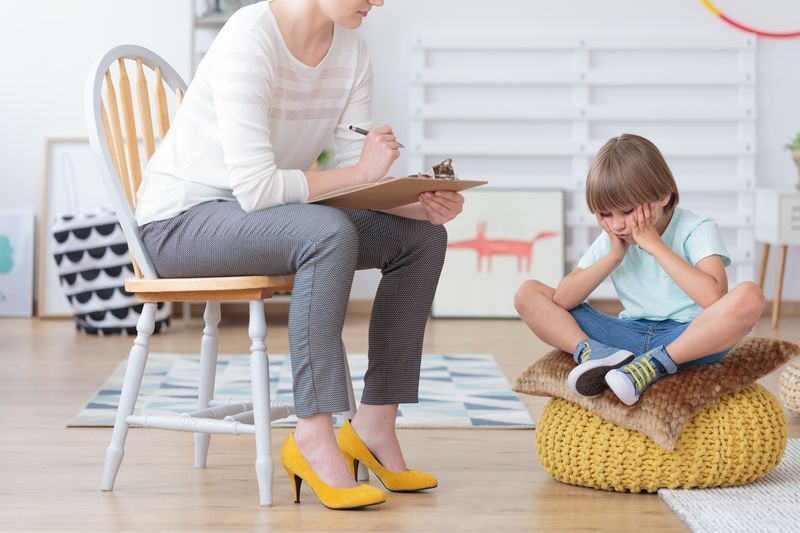How to Help a Child Who Struggles With Anxiety

In a world filled with challenges, children, too, can experience the weight of anxiety. As caregivers, understanding how to support a child who struggles with anxiety is essential for their well-being.
Reduce Their Triggers
Anxiety often arises from specific triggers that overwhelm a child's emotions. To create a safe haven, identify these triggers and work on reducing their impact. Just as a painter prepares the canvas, parents can prepare the environment. Create a tranquil space at home – a calming room painted in soothing colors can offer comfort. Open conversations about their fears and concerns foster a sense of trust. Minimize exposure to stressors when possible and gradually introduce them to build resilience. Establish a daily ritual that includes positive affirmations and breathing techniques. It is also important to take into account the child's physical health when dealing with anxiety. A nutritional diet, rich in vitamins and minerals, helps the body cope better with difficult emotions. Proper exercise may help relieve tension, stress, and fatigue. Ensure kids get enough sleep as it helps to regulate their moods and balance hormones.
Keep Them Busy
Children's minds are fertile ground, and keeping them engaged can prevent anxiety from taking root. Like a swimmer navigating waters, children can navigate their emotions when occupied. Encourage participation in activities they enjoy, fostering a sense of achievement. Among the options, swimming stands out. Swimming can forge social connections and help build critical life skills. Enroll them in swimming classes or organize pool playdates. The rhythm of strokes can mirror the rhythm of a calmer mind, and the water's embrace can wash away worries. Swimming can also help strengthen their bodies and ease any physical tension. Allow them to take part in the activity as much as they can, providing an outlet for their energy and emotions.
Try Counseling
When anxiety becomes a formidable opponent, seeking professional support is a pivotal step. Just as an artist seeks guidance to refine their craft, a child can benefit from counseling. Trained therapists offer tools for managing anxiety's grip. Through counseling, children learn coping strategies and gain insights into their emotions. The therapeutic process acts like a healing balm, soothing their anxieties. As caregivers, it's essential to embrace counseling as a positive pathway to their well-being. Anxiety can have a far-reaching impact on the family. Counseling offers an opportunity for family members to gain insight into each other's emotions and experiences. Family therapy sessions are tailored to the needs of the family as a whole, and individual counseling is beneficial for healing personal issues. Through counseling, children learn how to better manage their anxieties while parents can gain a better understanding of their child's needs.
In the realm of a child's heart and mind, anxiety can cast a shadow. Just as a swimmer navigates the water's depths, children can learn to navigate their emotions. Like the strokes of a paintbrush on canvas, our actions can shape their experiences. Let our love and understanding be the palette with which we paint a brighter future for the children in our care.
Did You Enjoy Reading This Article? Here’s More to Read:
How to Practice Mindfulness Throughout the Day

